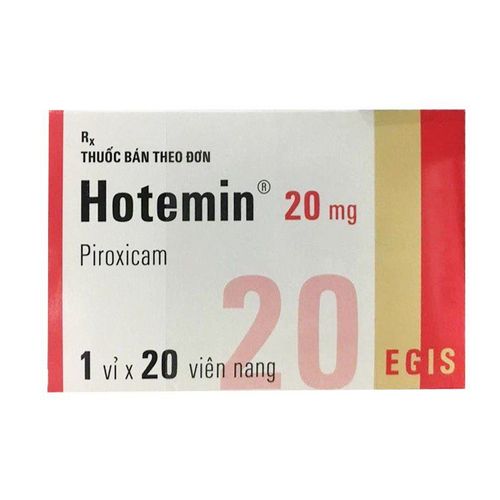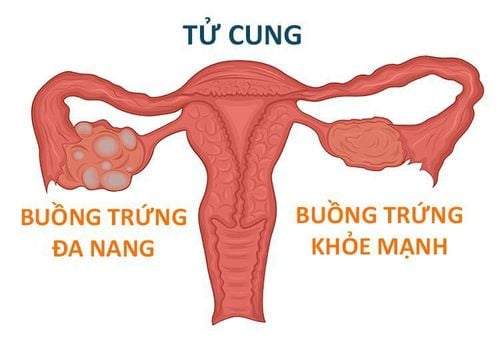This is an automatically translated article.
Polycystic ovary syndrome is not only a disease of the ovaries - an important reproductive organ of a woman, but it is also a syndrome related to endocrine and systemic metabolic disorders and can cause infertility in women. .Video content is professionally consulted by Resident Doctor, Master Nguyen Thi Tam - Reproductive Support Center - Vinmec Times City International Hospital
When you have problems such as acne on the skin, irregular periods, mood swings, you often hear that the cause is an endocrine disorder. So specifically, what is an endocrine disorder and why does it lead to changes in the body?
In our body there is an endocrine system that secretes hormones that regulate metabolism and physiological functions of the body. When the hormones are secreted at a sufficient level, the body is in a state of balance, the psycho-physiological activities take place normally, but only the amount of hormone in a certain organ is secreted too much or too much. are less likely to cause systemic disorders.
In polycystic ovary syndrome, there are many endocrine disorders, affecting and manifesting not only in the reproductive organs but also showing changes in the whole body.
In polycystic ovary syndrome, the local endocrine condition of the ovaries is disturbed, leading to ovulatory disorders, irregular menstruation, sparse menstruation, amenorrhea, leading to difficulty getting pregnant. Elevated androgen levels in polycystic ovaries increase the risk of metabolic syndrome, causing acne, hirsutism, hair loss, baldness, weight gain, obesity, tanning... blood insulin due to insulin resistance may be present and may contribute to increased ovarian androgen levels. Insulin resistance in patients with polycystic ovary syndrome also increases the risk of type 2 diabetes - a silent but dangerous metabolic and endocrine disease with many complications. Prolonged exposure to high levels of estrogen also increases the risk of endometrial cancer in PCOS. Up to now, there has been no study to determine the cause of polycystic ovary syndrome, and specialists agree that this syndrome occurs as a result of many factors combined from genetics. transmitted to diet, daily activities.
On polycystic ovary there are many small follicles, but these follicles do not develop, mature and ovulate as usual. Therefore, polycystic ovaries may be one of the causes of female infertility.
Features of polycystic ovary syndrome are endocrine and metabolic disorders, menstrual disorders, which can cause infertility and infertility. Disease manifestations are diverse and vary widely among individuals, races, and regions. Treatment of polycystic ovary syndrome depends on the patient's main complaint and the patient's desire to have children or not.
Women can also actively prevent and minimize endocrine disorders by methods such as adding healthy foods such as soybean sprouts, yogurt, berries, nuts... Besides, maintaining a healthy lifestyle, exercising regularly, maintaining a cheerful and optimistic mood is also one of the methods to help women reduce endocrine disorders related to the ovaries. polycystic.
Please dial HOTLINE for more information or register for an appointment HERE. Download MyVinmec app to make appointments faster and to manage your bookings easily.














